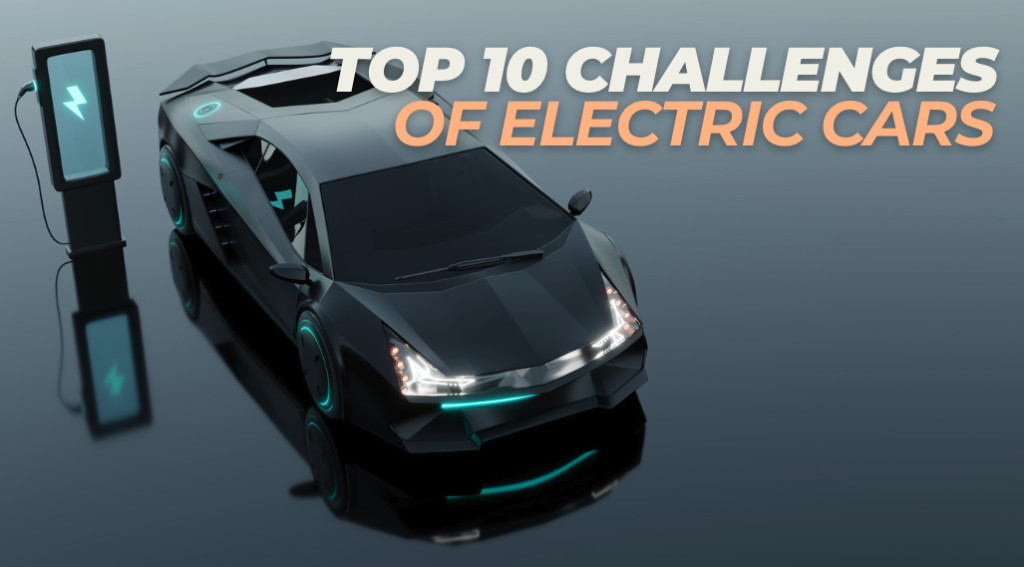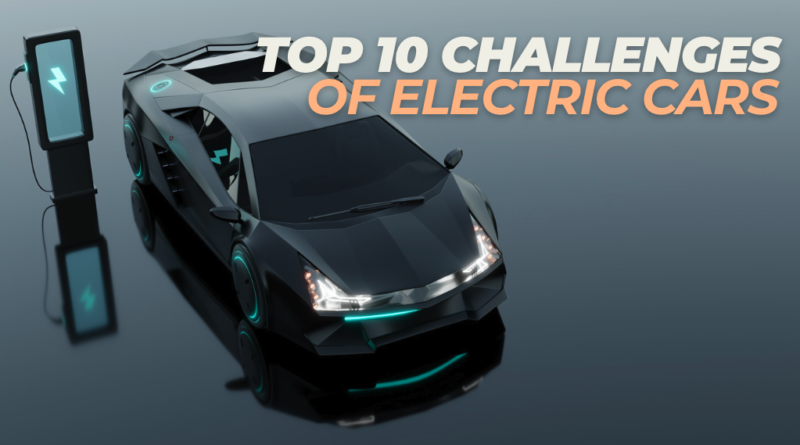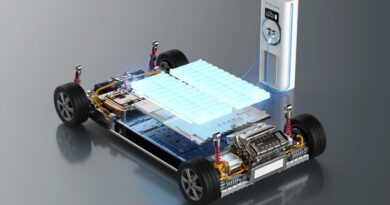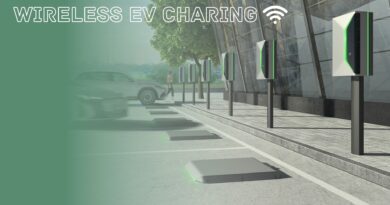Top 10 Challenges of Electric Vehicle Ownership: What You Need to Know?

As the demand for electric vehicles (EVs) continues to rise, more consumers are becoming intrigued by the idea of owning a clean, efficient, and eco-friendly car. However, before you take the plunge into EV ownership, it’s crucial to be aware of the potential challenges that come with it. While the EV industry is rapidly evolving, several issues persist, and it’s important to understand them fully. In this article, we’ll break down the top 10 challenges or concerns about owning an electric vehicle.
1. Public Charging Stations: Unreliable and Inconvenient
One of the major concerns with EV ownership is the availability and reliability of public charging stations. Unlike filling up at a gas station, charging your EV can be a frustrating experience. Many public chargers are unreliable, and you might arrive at one only to find it broken or malfunctioning. Additionally, each charging station often requires a different app or account setup, which adds unnecessary complexity to the process. If you’re unlucky, you might even face long wait times as other EV drivers are queued up ahead of you. While Tesla’s Supercharger network is an exception, most other charging stations still have a long way to go in terms of reliability and ease of use.
2. Unpredictable Driving Range
An EV’s driving range isn’t always as advertised. Factors like extreme weather, long-distance highway driving, or towing can significantly reduce the range. For instance, cold or hot weather can result in a 20–30% loss in range, even with advanced thermal management systems. To extend battery life, manufacturers recommend keeping the charge between 20% and 80%, meaning the usable range is often much less than the theoretical maximum.
3. Battery Degradation
Much like your smartphone or laptop, EV batteries degrade over time, losing capacity and reducing range. Most EVs lose around 5–10% of their battery capacity after the first 100,000 miles (160,000 kilometers). If you buy a new EV with a range of 300 miles, for example, you could see that range drop to 270–280 miles after a few years of use. This degradation continues as the vehicle ages, so it’s wise to opt for models with a longer-range battery to account for future performance losses.
4. Tires Wear Out Faster
EVs may save you money on maintenance like oil changes, but tire wear is a significant issue. Electric vehicles are heavier and have higher torque than traditional cars, leading to faster tire degradation. Some EV owners report replacing tires two to three times more frequently than they would with a conventional vehicle. So, while you save on some aspects of maintenance, tire costs could eat into your savings.
5. High Repair Costs
Despite being simpler in some ways, electric vehicles have their share of complex components. Battery cooling systems, electric motors, and intricate electronics can lead to expensive repairs. Additionally, because EV technology is still relatively new, repair shops and technicians often lack the expertise to handle these vehicles, meaning trips to the dealership are more common—and more costly.
6. Unknown Long-Term Reliability
Electric vehicles haven’t been on the market long enough to establish a track record for long-term reliability. While hybrids and conventional vehicles have decades of data backing their durability, we don’t yet know how EVs will perform after 12 to 15 years of use. This uncertainty can make potential buyers hesitant, as no one wants to invest in a vehicle with an unknown lifespan.
7. Potential Battery Failure and Replacement Costs
While most EVs come with a battery warranty lasting 8 to 10 years, the fear of a battery failure after the warranty expires is still a concern for many owners. Replacing a battery pack can cost upwards of $10,000, and in some cases, even more than $20,000. Although battery failures have been rare so far, the mere possibility of facing such an expense can deter prospective buyers.
8. Resale Value Declines Rapidly
An EV’s resale value is closely tied to the health of its battery. While EVs tend to hold their value well for the first few years, once they’re past their battery warranty period, resale values drop significantly. Buyers are wary of older EVs with degraded batteries, leading to a rapid decline in the vehicle’s market value as it ages.
9. High Insurance Costs
EVs can be expensive to insure due to the high costs of repairs, especially for collision damage. Even though many EVs boast top safety ratings, their advanced technology and specialized parts drive up the price of insurance premiums. This is something potential buyers should account for when considering the total cost of ownership.
10. Expensive Purchase Prices
Lastly, and perhaps the most obvious issue, is the high cost of buying an electric vehicle. EVs are generally priced higher than their conventional counterparts, which puts them out of reach for many average consumers. While government incentives can help offset some of the cost, EVs remain unaffordable for a large portion of the population.
Conclusion
Electric vehicles represent a significant leap forward in automotive technology, but they’re not without their challenges. From unreliable charging infrastructure to concerns about battery life, there are several factors to consider before making the switch. However, as the technology matures and infrastructure improves, many of these issues could be resolved in the coming years. For now, it’s essential to weigh the pros and cons of EV ownership to determine if it’s the right choice for you.
If you’re not quite ready for the compromises that come with EVs, hybrid or plug-in hybrid vehicles may offer a more practical alternative. Let us know in the comments: Are you considering buying an EV, or will you wait for the technology to evolve further?




